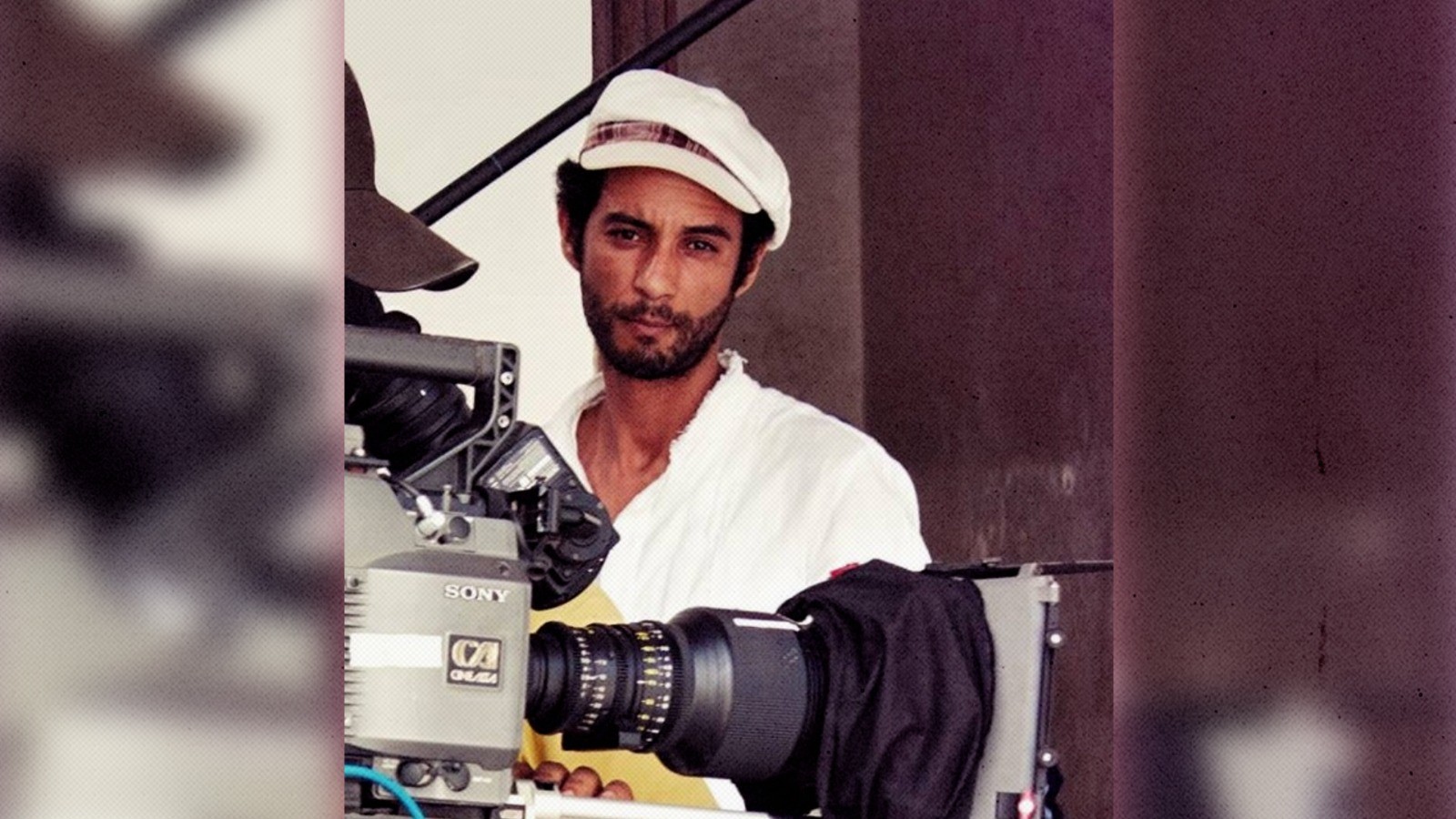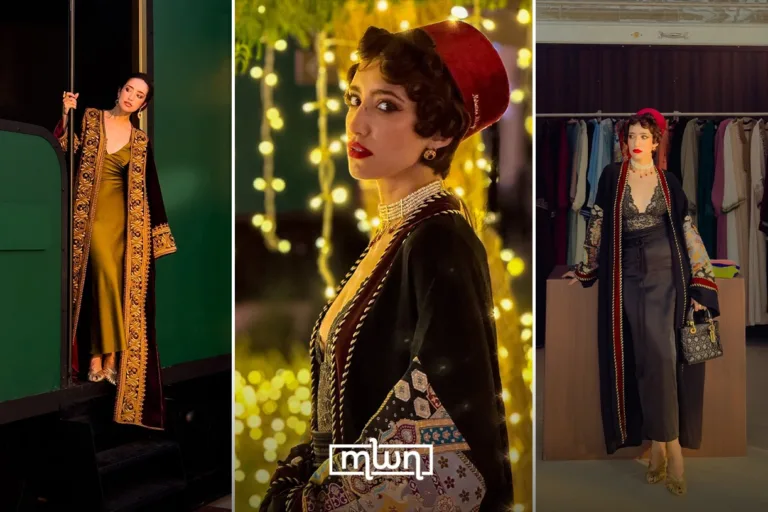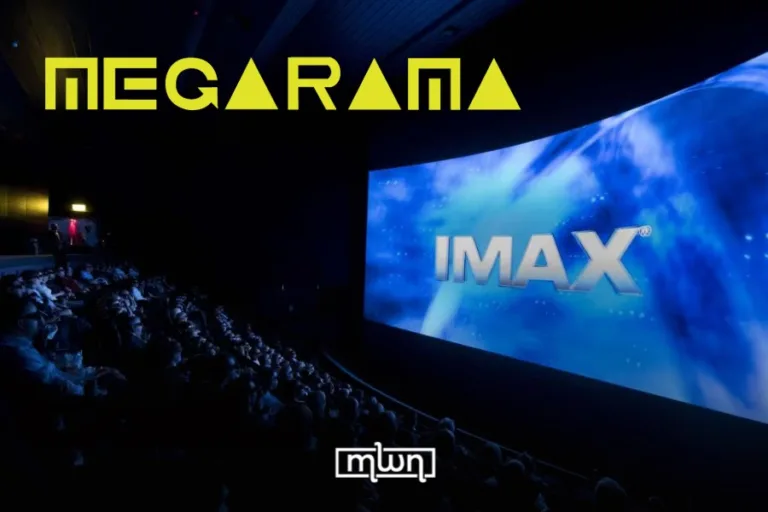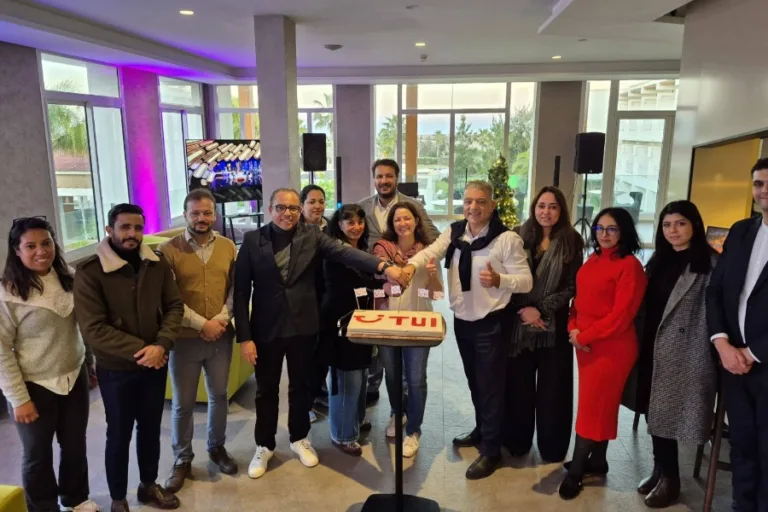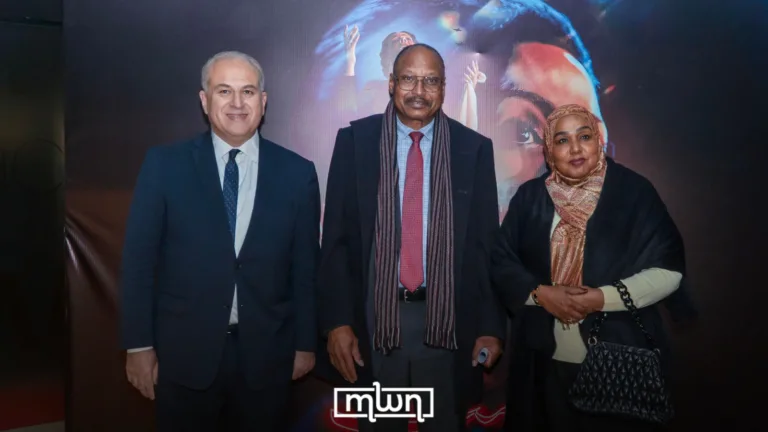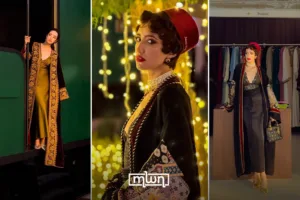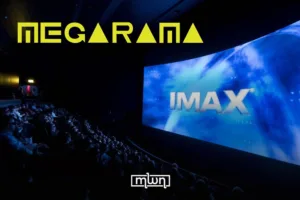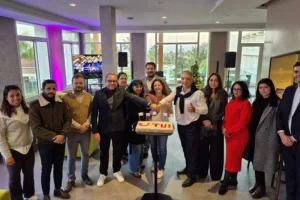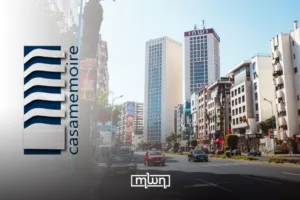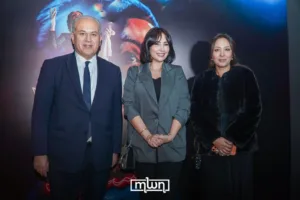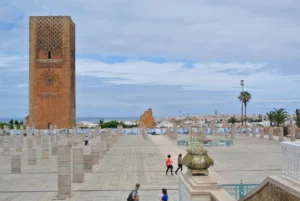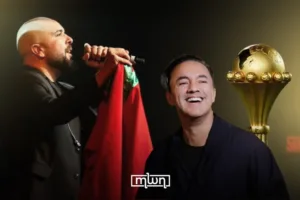Rabat – In an exclusive conversation with Morocco World News, Benazzouza unveiled the initial spark of inspiration that ignited the genesis of this captivating narrative.
Rida Benazzouz is a seasoned professional in the audio-visual realm.
His academic journey commenced with the attainment of an Advanced Vocational Diploma in audiovisual studies, followed by a professional license in theater. Eventually, he ended up completing a master’s degree in Cultural and Artistic Engineering, with a specialization in stage direction.
In pursuit of hands-on experience, Benazzouz undertook internships at prominent institutions such as the National Radio and Television Company, also known as SNRT, the Moroccan Cinematographic Center, and the ‘Circo Netzwerk’ in Germany.
Rida Benazzouza is the imaginative genius for the short film “The Day of Your Meeting” within the ‘Writers’ Room’, a mentorship program designed by OSN and The Arab Fund for Arts and Culture.
The spark behind “The Day of Your Meeting” short film
“When I started doing my research about the theme, I asked myself… I have the topic, but how can I turn it into a story…?”,” Rida reflected to MWN.
“However,” he continued, “When I started doing my research, I realized that child trafficking is quite sensitive in the Arab world because we don’t really discuss this a lot. I have discovered that each Arab country has this kind of problem, but each in a special different way.”
For instance, Benazzouza highlights that in Yemen and Iraq, children are often kidnapped for ransom and organ trade. This prompted consideration of how to encapsulate this issue.
The primary challenge encountered in addressing human trafficking is the legal aspect, demanding urgent resolution.
The procedure requires families to wait 48 hours after a child is kidnapped before police can intervene. However, during this time, there’s a risk of the child dying or disappearing.
Rida explains that the 48-hour rule is based on instances where children are often found hiding at a neighbor’s place after conflicts or abuse from a family member.
He also recounted a personal experience. “When I was a kid, my neighbors were going out and I went with them without telling my family. Back then, there were no communication mediums. So, they thought I was missing. They went to the police and they asked them to come back the following day.”
This insight hit home for Benazzouza, highlighting the pressing need to tackle the legal issue.

The Day of Your Meeting by Rida Benazzouza
It was this lightbulb moment that sparked his creativity and gave birth to the character of Malak.
Understanding the emotional pressure on mothers in such scenarios, Benazzouza felt drawn to create a female lead who shared in this experience.
Malak, the protagonist
Malak, the protagonist of the film, was envisioned as an everyday person whose life turns unexpectedly when her child mysteriously disappears, leaving her scratching her head and searching for clues.
“When I conducted my research and interviewed these mothers, I realized that, in their eyes, knowing their child is dead may actually bring some closure…However, in cases of kidnapping, the uncertainty of whether their child is alive or not is excruciating,” Rida noted. He continued; “This is what affects them the most and why I opted for a woman as the protagonist of the story.”
According to Rida, the mother’s unyielding will to discover her child leads to a stunning metamorphosis that pushes her to near perfection, tenacity, and unflinching commitment.
As the narrative progresses in his story, the woman continues to grow and develop despite several challenges and threats.
She moves on from dealing with small offenders to taking on bigger problems, and she never gives up until she is reunited with her child.
Nevertheless, as doubts regarding her husband’s possible involvement surface, an unexpected turn of events occurs.
When asked about whether there was a deliberate effort to present a fresh perspective on Arab women, diverting from the negative stereotypes, Rida responded with a resounding “Absolutely.” He continued, “Just like there are stereotypes about Arab women, there are others who are strong, powerful, and who can achieve great things.”
“In our industry, it’s important to affirm and showcase this,” he added. “This creative field has the power to break these stereotypes and reveal that Arab women can be strong, influential, and capable of making a difference.”
“In Morocco, I’ve met many women like this, including those who are involved in social work, doing things that even men don’t typically do,” Rida continued.,
“I believe we need to shift this mindset and (negative) stereotype and demonstrate that Arab women can achieve wonderful things and bring about positive change in various fields, including law,” he emphasized.
Rida delves into his current projects
Regarding his current projects and plans beyond “The Day of Your Meeting,” Rida shared insights into his upcoming endeavors.
“I’m currently working on my first movie, which also delves into a taboo subject,” he disclosed.
There’s a tendency for some to tackle taboos merely for the sake of being perceived as ‘different,’ such as homosexuality. For me, however, addressing taboos is about championing causes that resonate with me and have the potential to make a real impact,” he noted.
“As for future projects, I don’t have a predetermined agenda or specific topics in mind. I recognize the richness of our societies and cultures, and believe there’s much to be explored and illuminated,” Rida elaborated.

Rida Benazzouza
Rida sees that the contemporary landscape of expanding freedom of speech and advancements in the audiovisual industry provides an ideal setting for examining urgent societal concerns.
He sees issues like divorce as something that can change society, so he plans to talk about it.
Furthermore, he says that topics like freedom of speech, religious extremism, and mental health, are all ready for further investigation, especially in light of the stigmas associated with psychiatry in society.
The future of storytelling in the Arab world
Rida considers the enduring legacy of storytelling in Arab and African cultures as he imagines its future and the part he aspires to play in influencing it.
“We, as Arabs and Africans, love talking and storytelling,” he noted, drawing upon fond memories of familial storytelling sessions, such as the nostalgic recollection of his grandmother’s tales during his childhood.
Contrary to popular belief, Rida highlighted the innate romanticism and sensitivity that define Arab communities and the global thirst for stories that resonate with viewers and accurately portray their real-life experiences.
There’s a growing awareness of the industry’s importance in our country’s development,” he noted.
With an optimistic perspective, Rida highlights the encouraging developments taking place in Morocco’s creative landscape and stresses the necessity for support from businesses and local governments to continue its advancement.
“We’ve come a long way from where we were,” he reflected, expressing confidence in the industry’s future trajectory.
Tips and tricks for creatives
At the end of the discussion, Rida offers guidance to young filmmakers.
“When it comes to aspiring filmmakers, especially those keen on tackling thought-provoking and socially relevant themes in their work, it’s not always a straightforward journey.” Rida reflected. “Balancing the task of both satisfying the audience and making a living can be quite the challenge.”
“In this industry, collaboration is key. Each party worldwide has its own unique editorial direction, and it’s essential to find the right fit for your vision,” he continued.
Rida advises creatives to explore various styles and techniques early in their careers to foster growth and exploration.
He admits that there is a typical concern that comes up when pushing limits or tackling delicate issues, even in spite of the desire to offer something new to their work.
He emphasizes the value of being loyal to one’s vision while acknowledging that every creative attempt receives a different response from the audience.
“Research serves as the backbone of our creativity, grounding our ideas in reality and ensuring their impact. It’s about presenting a product that not only captivates but also informs and enlightens,” Rida noted.
“In essence, creativity is 98% hard work. Putting in the effort yields remarkable results, and staying committed to your vision ultimately pays off,” he emphasized.
And for the final credits…
The insights shared by Rida Benazzouza shed light on the evolving landscape of filmmaking in the Arab region.
His experience serves as a reminder of the value of sincerity, tenacity, and community involvement in artistic pursuits.
With characters like Rida, the Arab world’s storytelling industry has a bright future ahead of it, staying true to its mission of pushing boundaries and tackling societal challenges.

